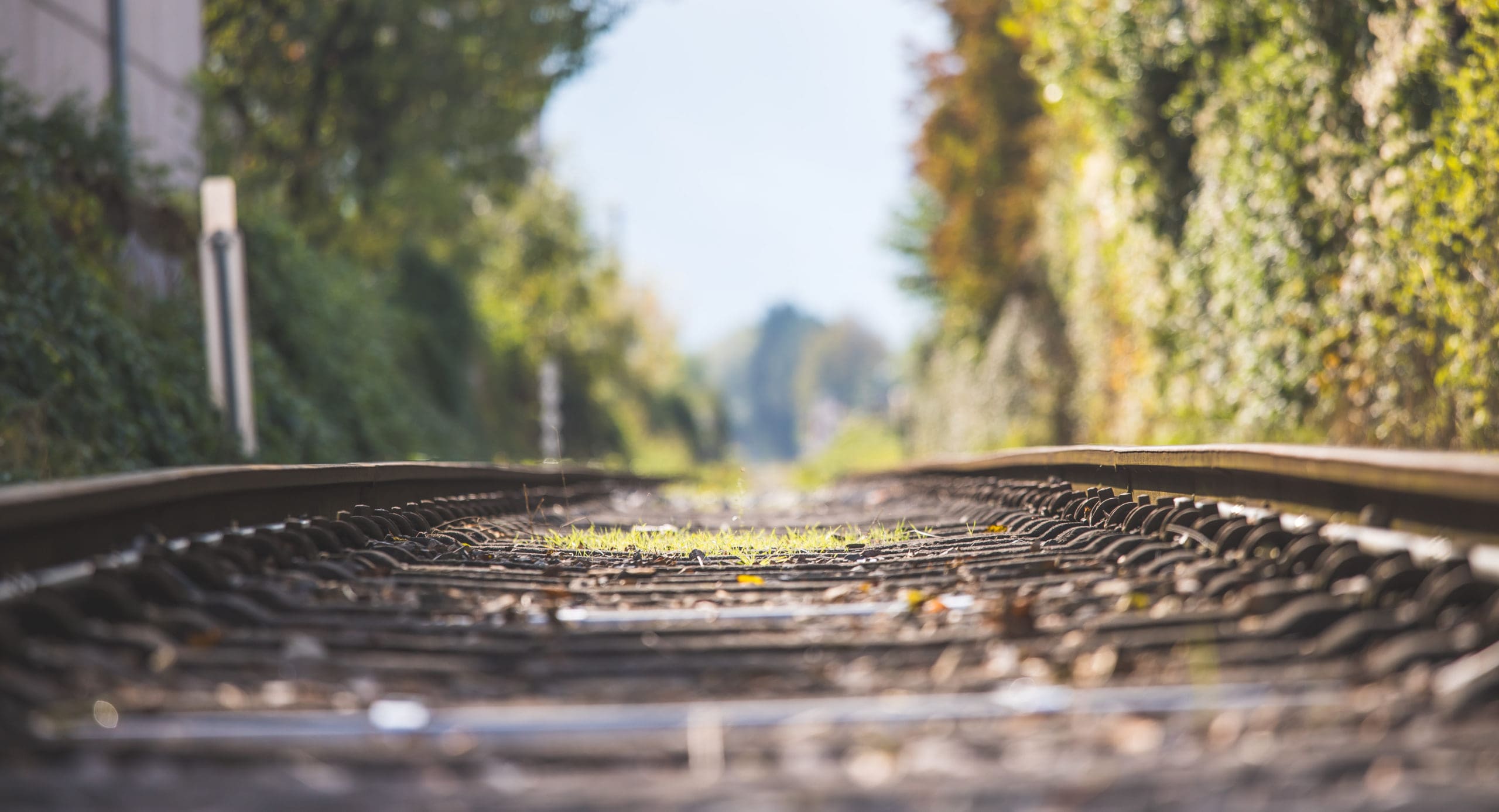
Few industries are as tied to the industrial revolution as rail. In 1847, over a quarter of a million people worked on railways to fuel the economy. Since its conception, the railway has continually been evolving. As a result, the railway industry now boasts several contributions to greener living and better sustainability.
So, in this article, we’re discussing rail sustainability in 2021. Let’s dive in!
Low Carbon Emissions
If you think the railway harms the environment due to its emissions, you might be in for a surprise. The rail industry actually produces the lowest carbon emissions out of all transport industries.
It’s no secret that anyone that uses public transport helps reduce carbon emissions. So regardless of how many people railways carry across the country, the environmental impact remains low.
This is even more significant for freight. For example, goods transported by rail can cut down carbon emissions by 76% compared to goods hauled on the road! Trains can also transport much more freight than individual vehicles. As a result, they take several HGV vehicles off the road. This has the further effect of reducing traffic build-up.
The rail industry is already one of the most sustainable forms of transport in the world. But greener trends are emerging with every year.
Automation in the Rail Industry
One of the biggest sustainability trends impacting many industries revolves around automation. Automation cuts down on time spent on repeatable work, making operations more efficient. This, in turn, reduces the waste of resources and fuel.
The rail industry uses the Internet of Things to predict maintenance needs. This demonstrates where their operations aren’t as optimized as they could be. Many railroads also use trip optimizers. These make the best use of brakes and throttles during the journey.
There’s a wide range of automated tools in use for better rail sustainability. Other examples include Meet Pass Planners, which manage traffic. Or precision scheduled railroading (PSR), which helps reduce congestion at stations.
Conservation Remains a Priority in the Rail Industry
Sustainability continues to be an essential talking point for all nations and industries. The railway industry also maintains its efforts with conservation. This includes lessening the impact where new railway lines continue to be built.
Railways need vegetation to be cut down and wildlife to be disrupted. Because of this, several railways are making efforts to invest in projects to conserve wildlife.
For example, new construction projects undertake environmental project screenings to minimize the impact on local wildlife. This aims to cut down on threats like erosion, interruptions of nesting seasons, and more.
For instance, Transport for Wales recently launched a new biodiversity action plan to ensure work is organized to protect and enhance wildlife and local ecosystems.
Technology to Revolutionize Rail Sustainability
And finally, it is worth talking about trends that might revolutionize rail travel as we know it. Over three-quarters of passenger rail transport is already facilitated by electric trains.
Moreover, the rail sector continues to be the only means of transport that is already widely electrified to cut down on fuel emissions. As demand for freight and passenger transport grows, many railways will likely become electric in bigger countries.
It’s also possible that the railway will be better integrated with other means of public transport. This will encourage wider use of trains in the future. Innovations continue to push rail sustainability ever further.
Exciting projects in this field include Alstom’s first hydrogen fuel cell passenger train in Poland. This presents a considerable potential for sustainable transport.
The Future of Railway is Green
Many railways around the world continue to set higher and better sustainability targets for the future. As a result, the future of the rail industry is looking green. These days, many corporations support biodiversity, decarbonization, automation, and sustainable innovations for better rail services.
Custom Truck supports the rail industry on its path to greener pastures. We provide the vehicles and equipment needed to keep rails functioning at their best. If this is something you’re interested in, contact us today for more info about that!



